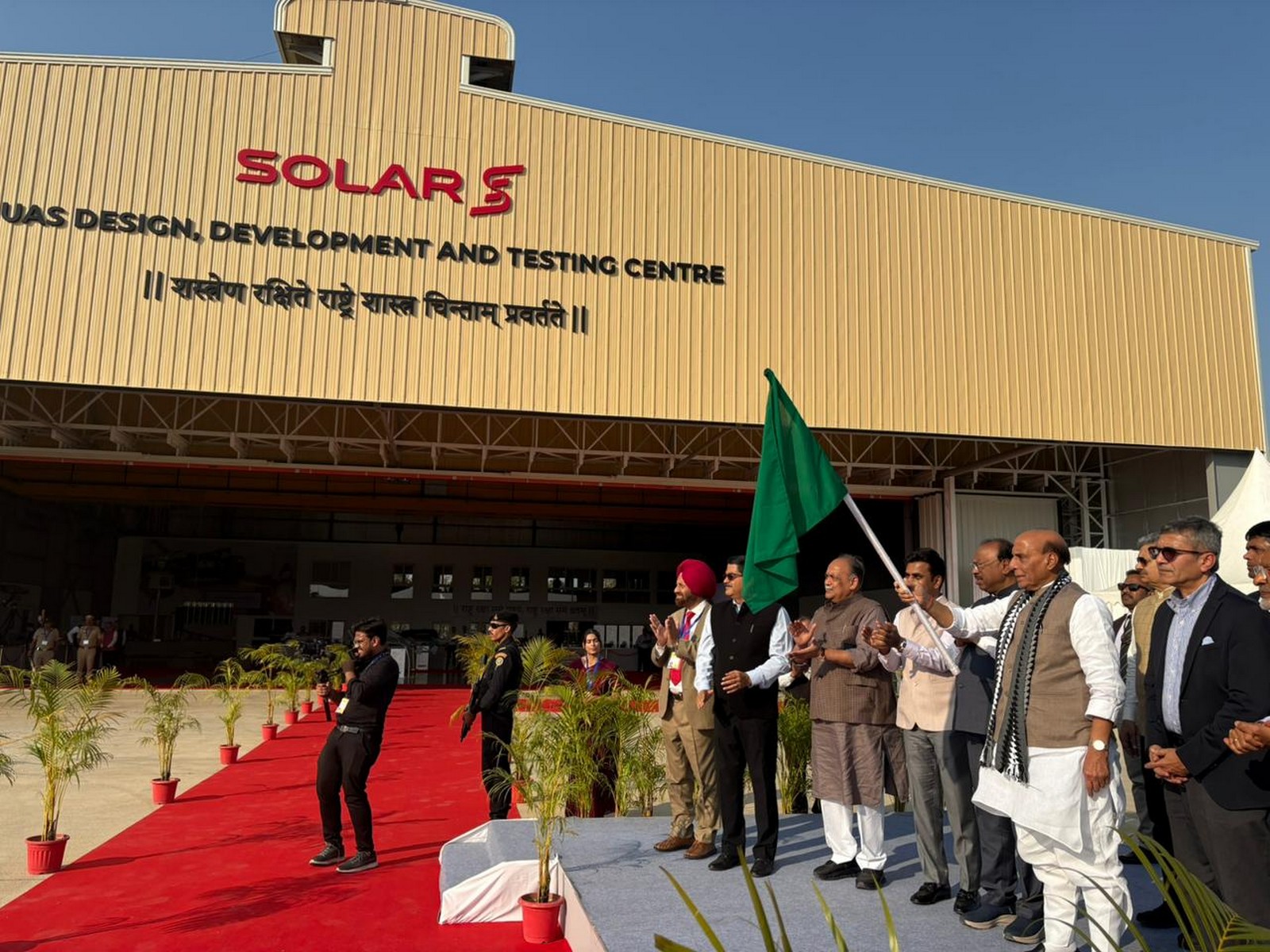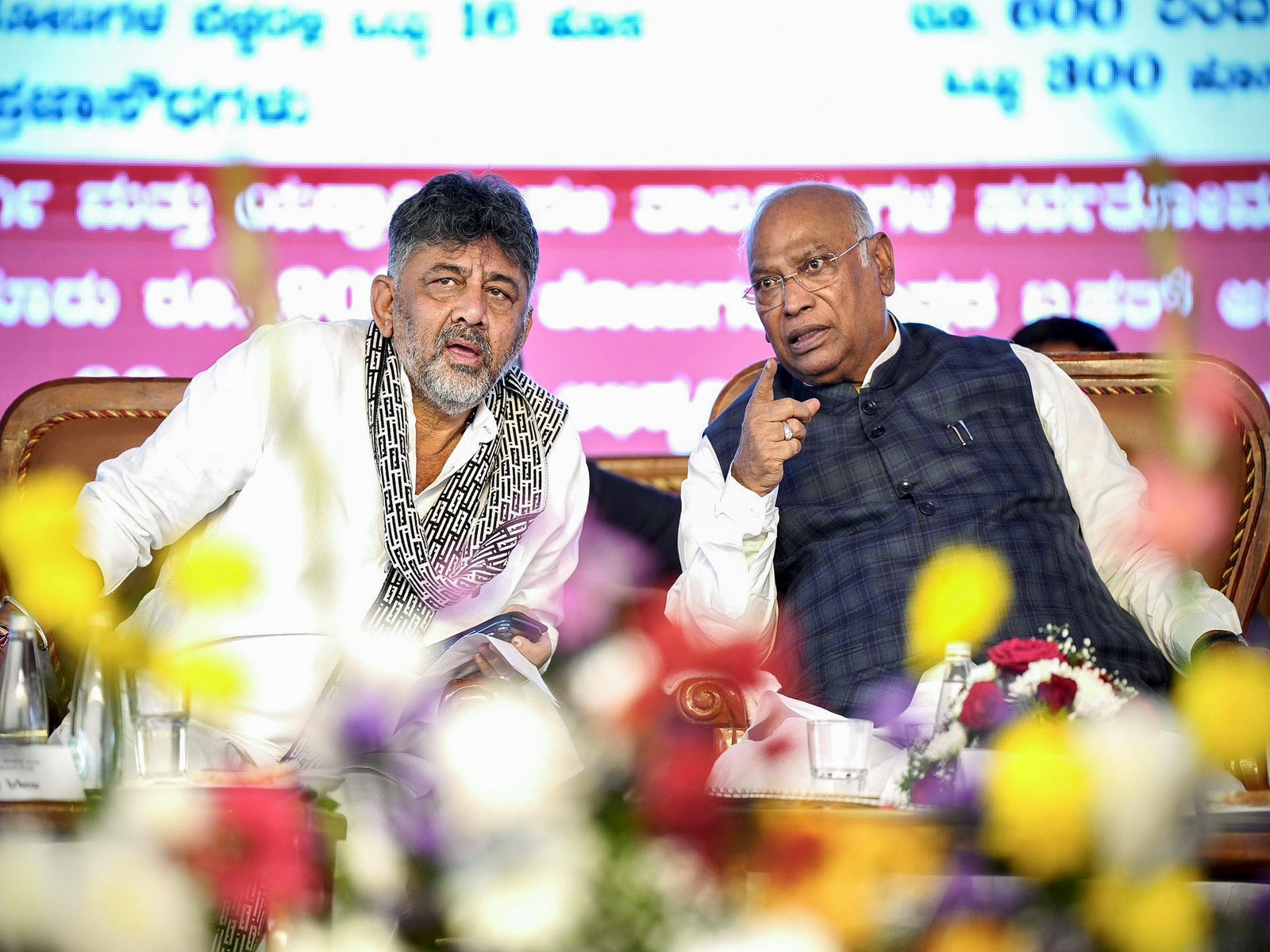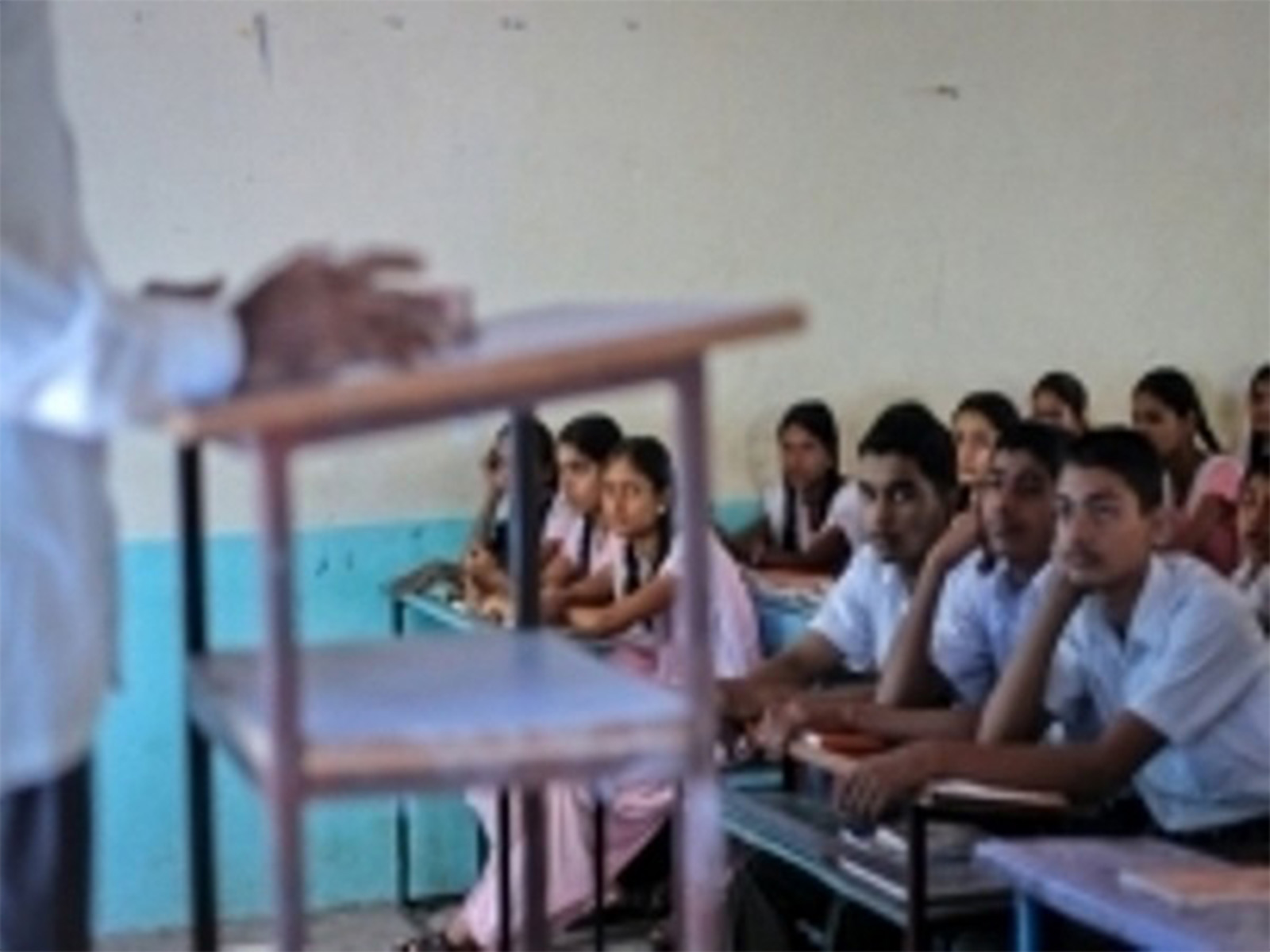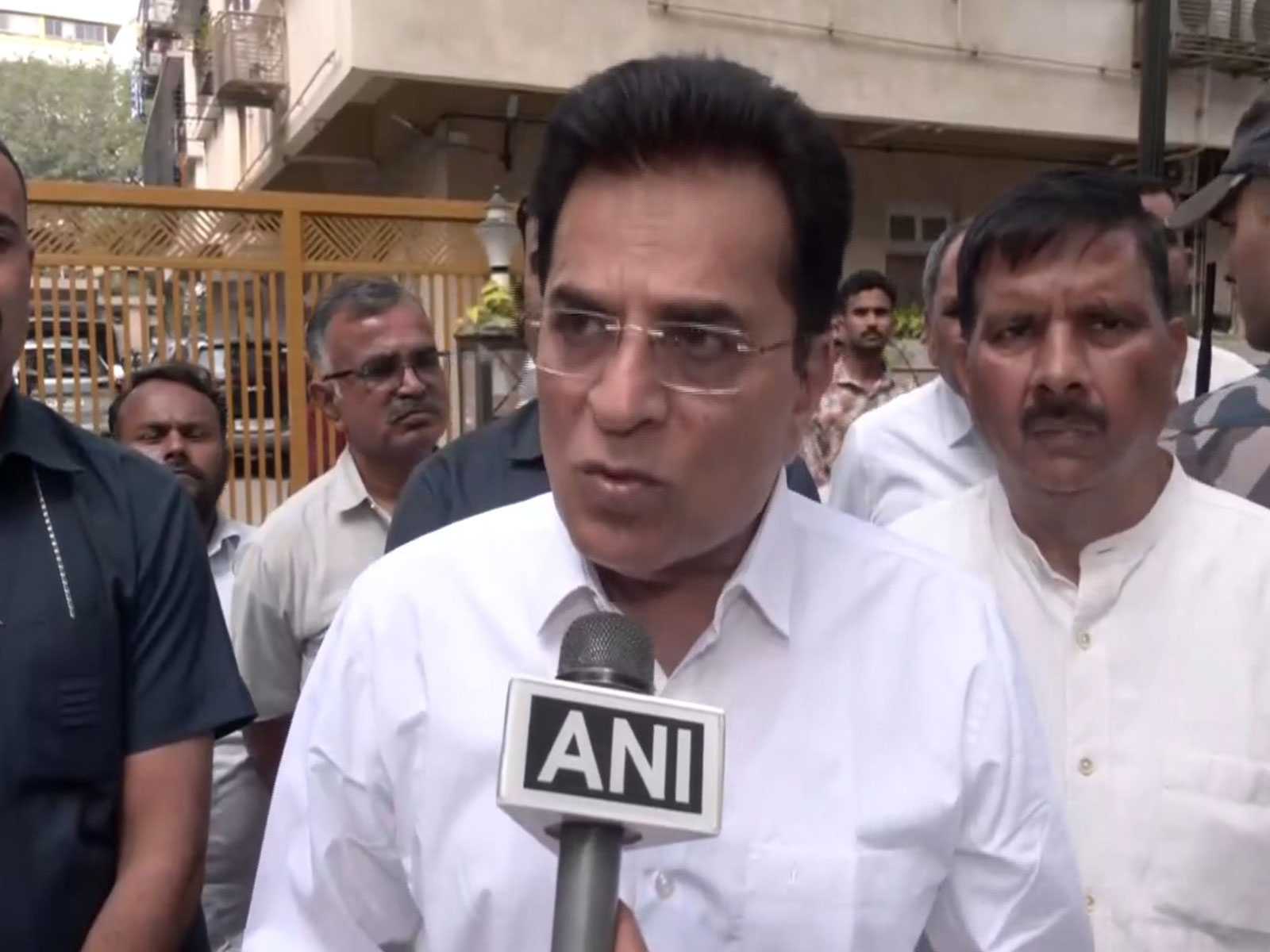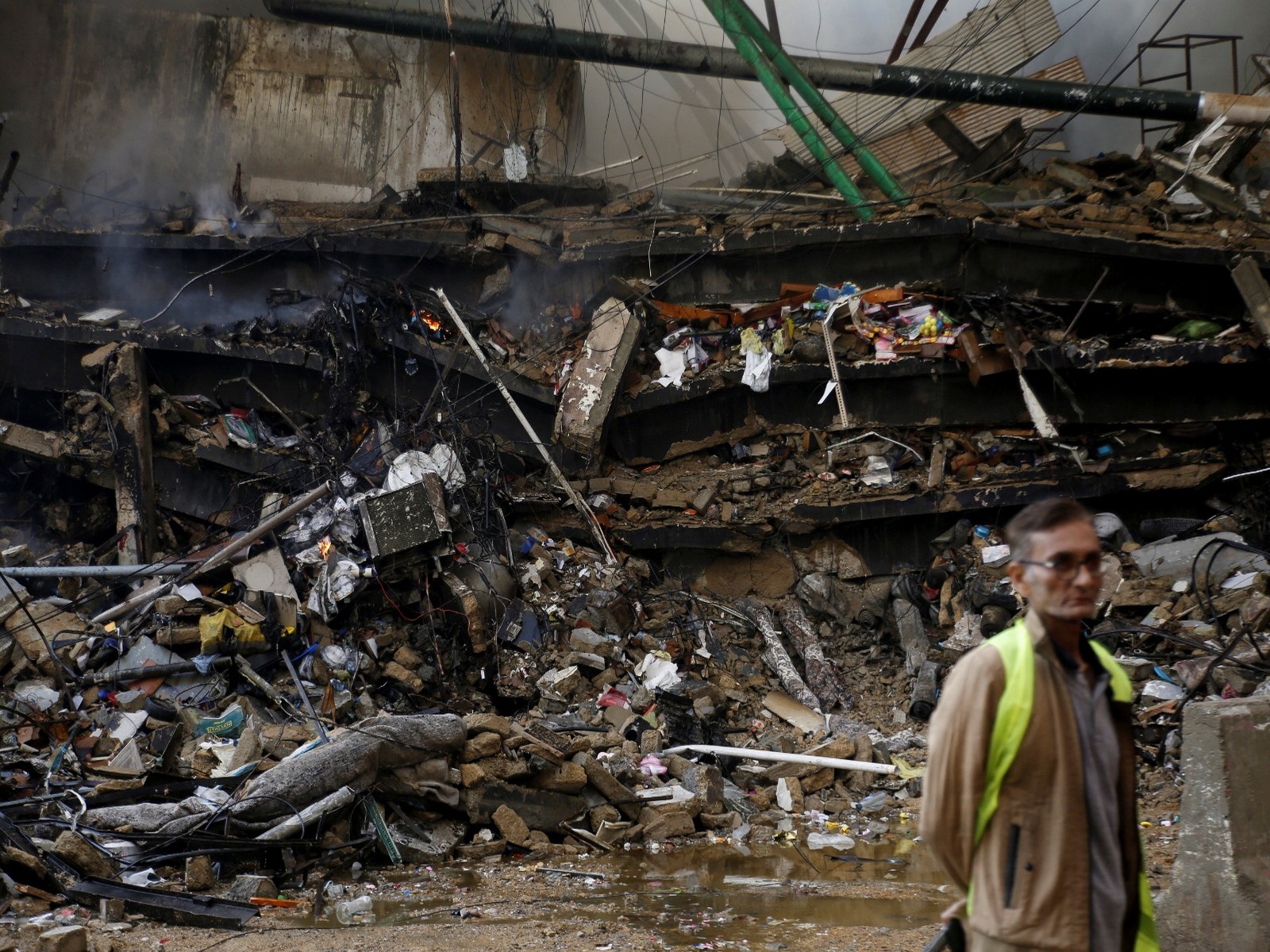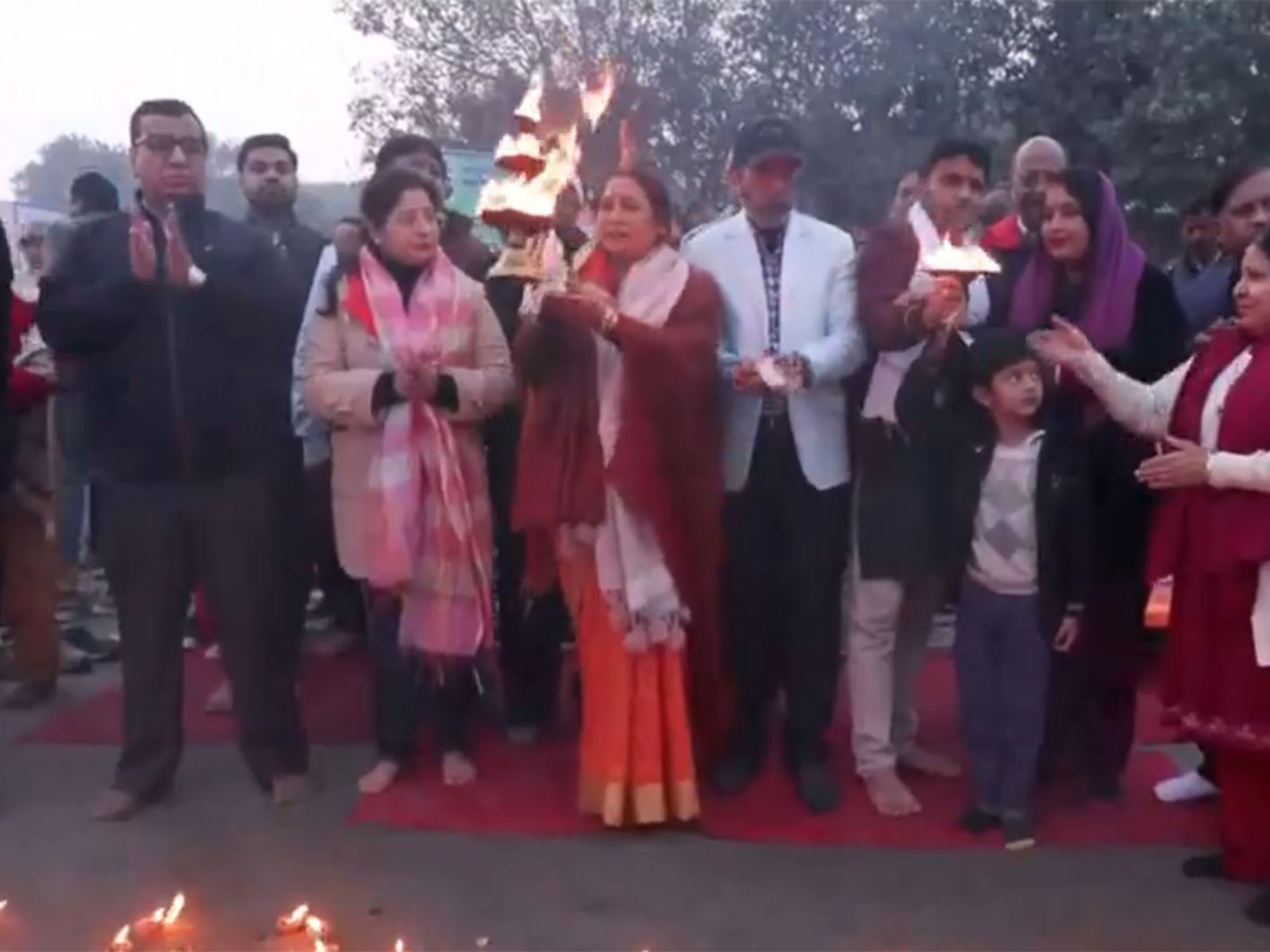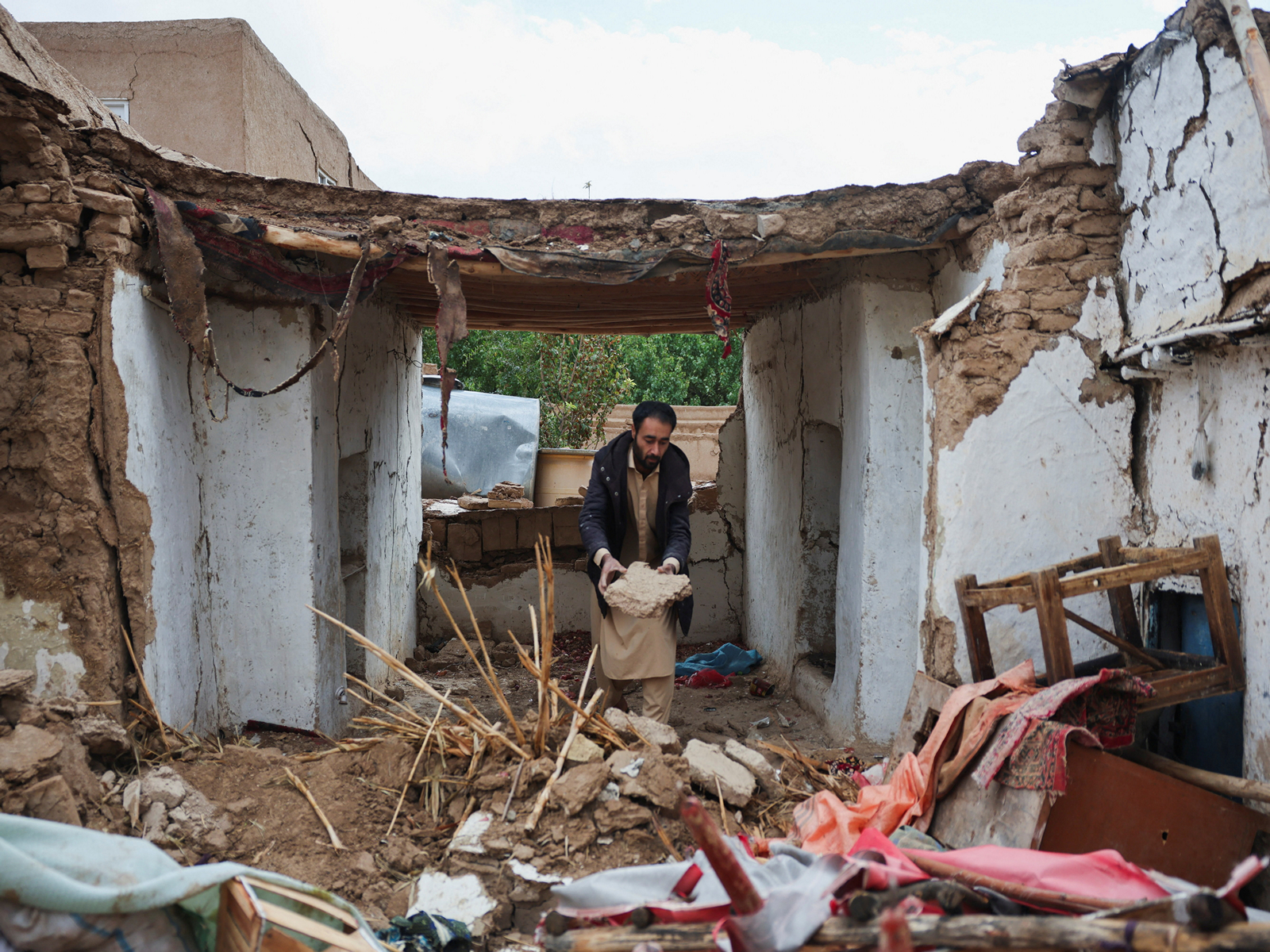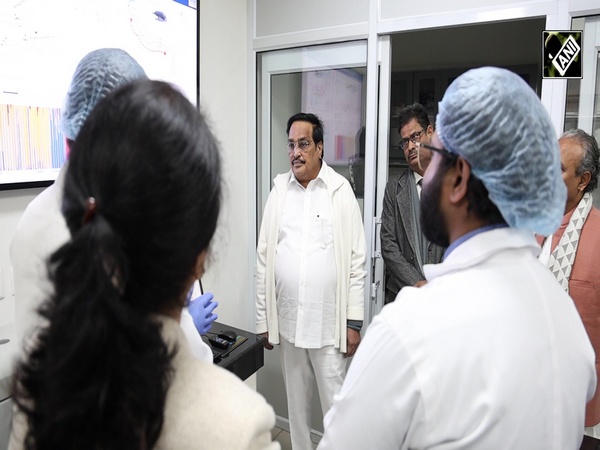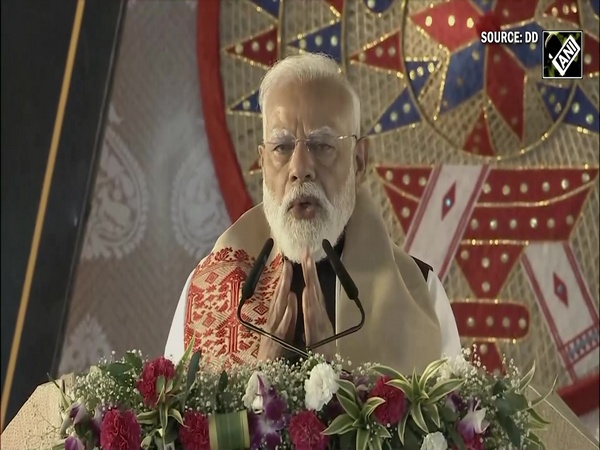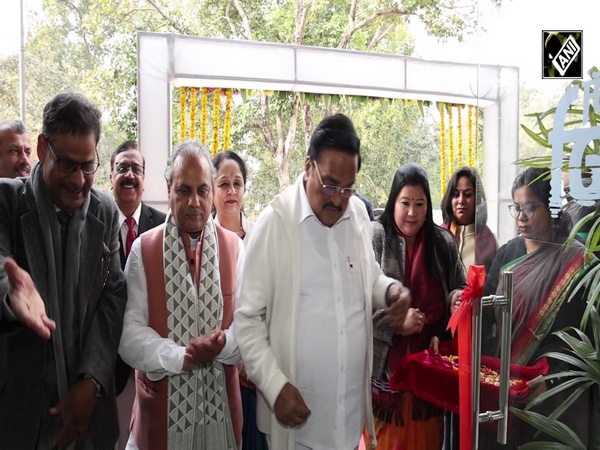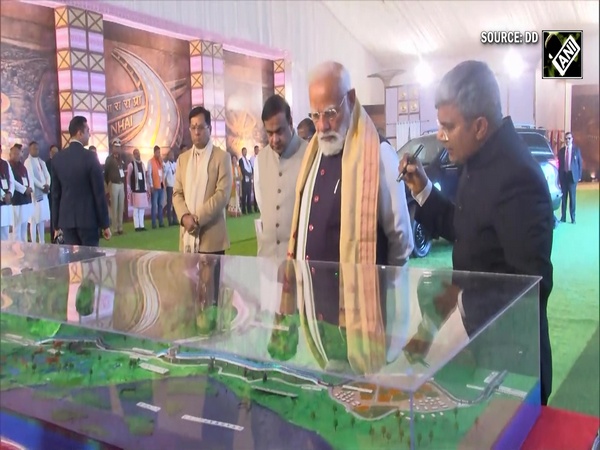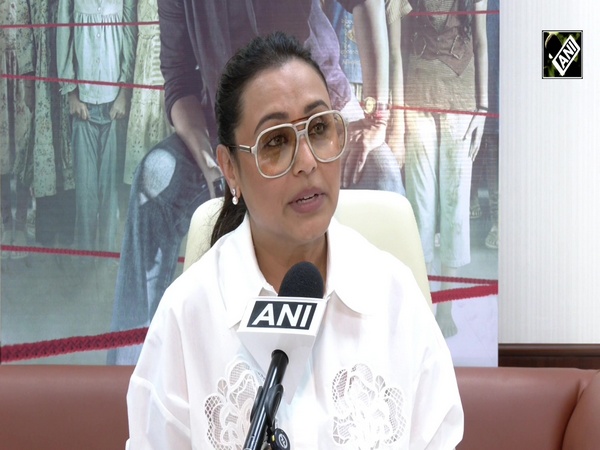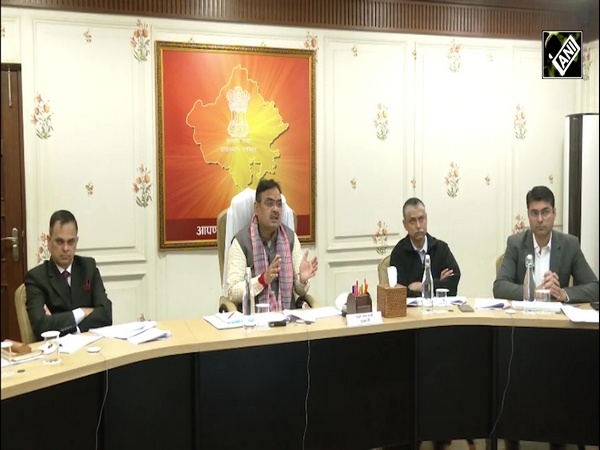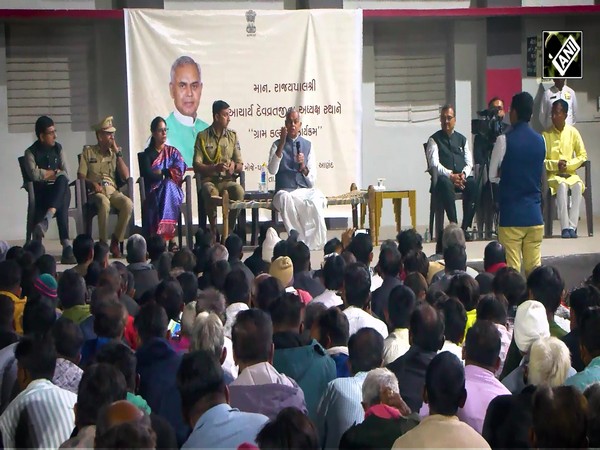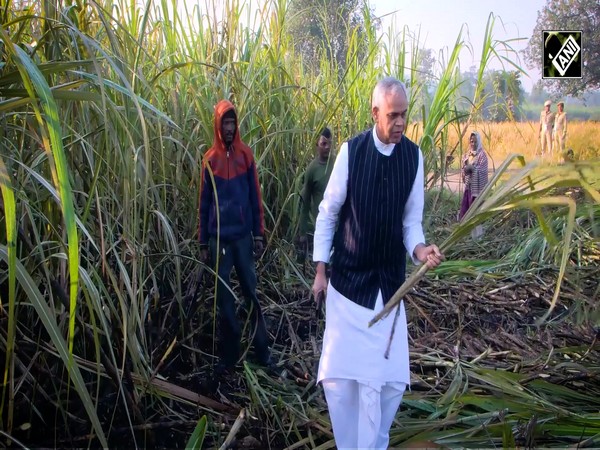High-risk children are priority of COVID-19 vaccination programme
Mar 15, 2022

New Delhi [India], March 15 : The primary focus was immunisation of children with comorbidities but due to the unavailability of data of such children, we have decided to open immunization for all the children between the age group of 12-15 years, said Dr NK Arora, Chairman of COVID-19 Working Group of National Technical Advisory Group on Immunisation (NTAGI).
"Almost three months ago, Standing Technical Sub-Committee (STSC) of NTAGI meeting took place where we suggested that the vaccination should be opened for all the children's between the age group of 2-18 with comorbidities as and when approved vaccine comes," said Arora in an exclusive interview to ANI.
Initially, we started with the age group of 15-18 because maximum deaths occur in this age group but the age group of 12-15 is also suffering from severe disease. Hence, the decision was taken to start their vaccination," he said.
Quoting issues like encouraging children with comorbidities to take vaccines, Arora said the decision was taken on the basis of STSC and global recommendations and also from a programmatic (logistical) perspective.
As precaution dosses of the COVID-19 vaccine have been allowed to everyone above 60 years of age, which was earlier limited to people with comorbidities, Arora said, "In last three months. we realized that it is very difficult to encourage only those with comorbidities and a lot of people who are at high risk are left out from getting the dose.
Debunking the claims around lack of scientific evidence to allow immunization of children, Arora said the decision is based on enough scientific evidence and is in line with the World Health Organisation (WHO) and Strategic Advisory Group of Experts on Immunization (SAGE) recommendations.
"It is very important that the country continues with the immunisation programme against COVID-19 as intensely and as possible. The decision is based on scientific evidence and in line with the WHO and SAGE recommendations," he said.
The chairman of the NTAGI Working group credited the immunization of the maximum population as one of the reasons behind India not witnessing a grim situation during the Omicron wave as it saw in the earlier wave of the virus.
"Omicron has caused quite a significant problems in terms of severe disease, hospitalisation and death. Therefore, I would say that it is very difficult to estimate what would have happened if we had not immunised our population." Arora said.
"It's a matter of great pride that 97 to 98 per cent of the adult population have received at least one dose and over 80 per cent have received two doses of the COVID-19 vaccine. I would attribute largely to that vaccination programme plus natural infection which has been occurring before the onset of Omicron as the reason behind mild impact during the wave of Omicron. So all put together vaccination programme has been a key pillar of India's COVID 19 pandemic strategy." He added.
India will start vaccinating children in the age group of 12-14 years and precaution dossed of COVID-19 vaccine to everyone above the age of 60 years from March 16.
